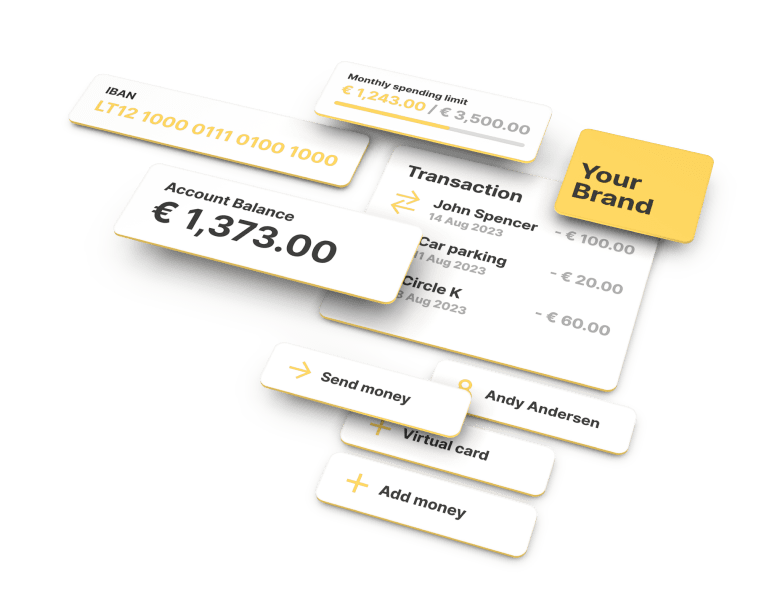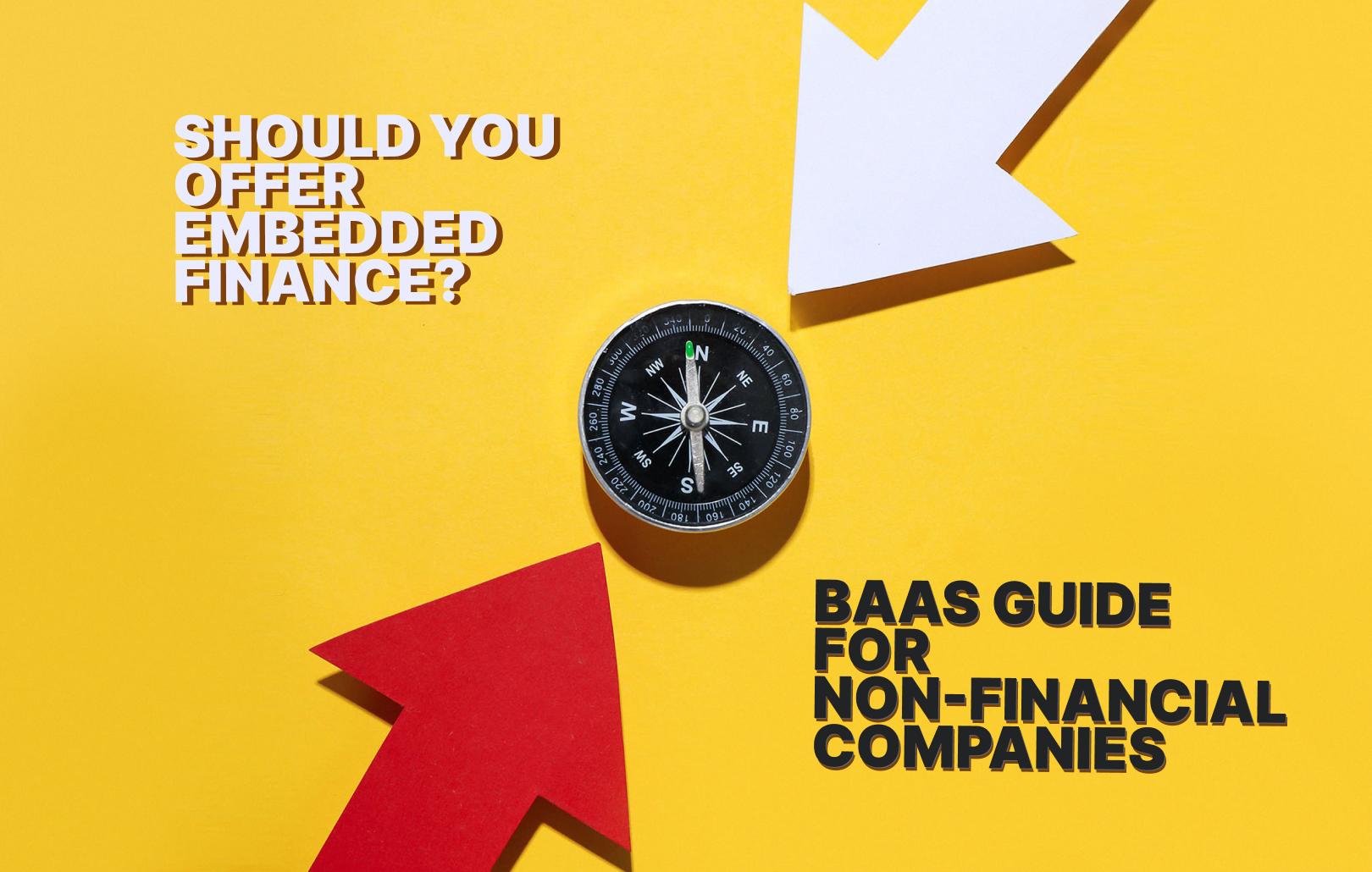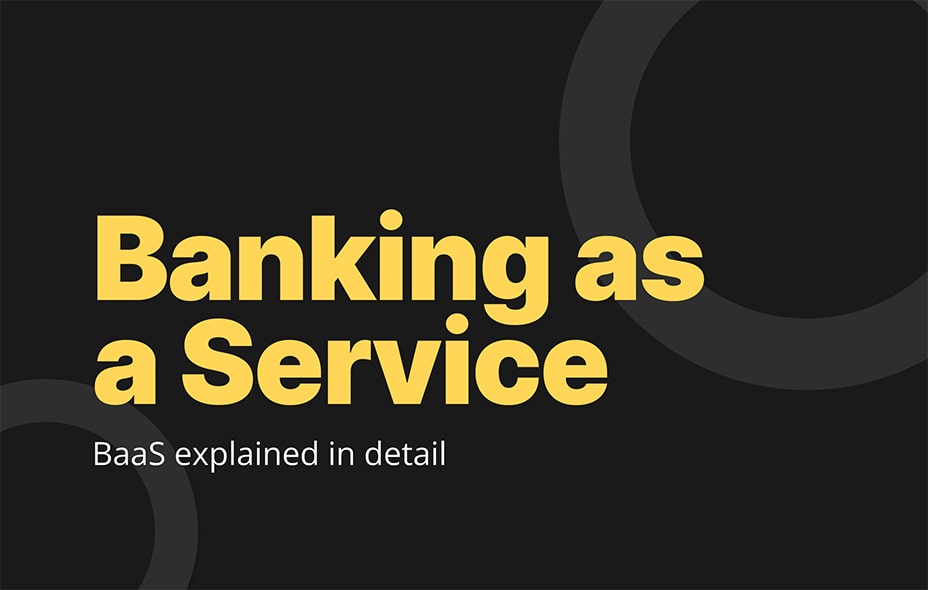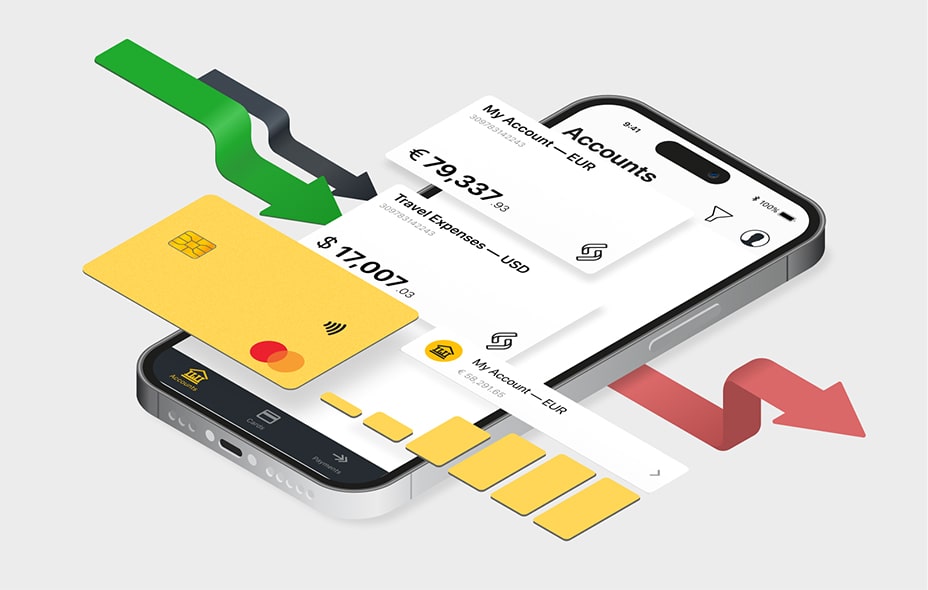5 Key Factors Shaping the BaaS Ecosystem in Europe in 2023
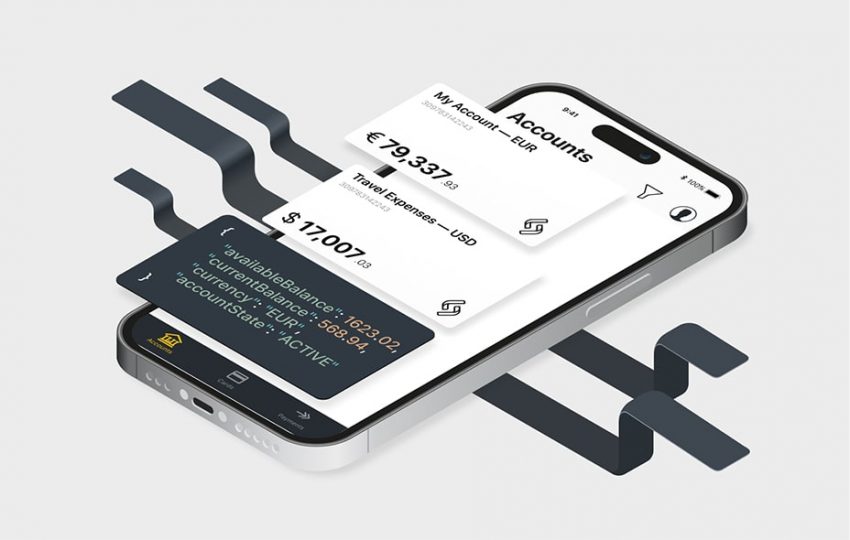
The world of finance is undergoing a profound transformation fueled by technological advancements, regulatory shifts, and changing consumer expectations. One of the most significant catalysts driving this change is the rise of Banking-as-a-Service (BaaS), a paradigm that is redefining how financial services are accessed, delivered, and integrated into various industries. Within the European landscape, the evolution of White Label banking is unfolding rapidly, ushering in a new era of financial innovation and collaboration.
In this dynamic environment, the likes of BBVA, Raisin Bank, Intergiro, Modulr, Enfuce, SEB, and Griffin among others, have emerged as key players shaping the BaaS landscape in Europe and the UK. The synergy between these players, combined with facilitative regulations and a thriving financial ecosystem, has propelled BaaS to the forefront of financial evolution.
In this article we’ll gain insights into the future prospects of BaaS and its potential to reshape the financial services industry as we know it.
5 Key Factors Shaping the BaaS Ecosystem in Europe
The BaaS revolution is taking Europe by storm, fueled by a mix of important factors that are changing the way financial services work. These elements are not only driving the quick adoption of BaaS but are also fundamentally reshaping the financial industry. In this article, we’ll dive into the core of these factors and explore how they are shaping the BaaS landscape in Europe.
1. Regulatory Clarity. In the intricate landscape of regulations, BaaS emerges as a beacon of simplicity for launching innovative banking products swiftly. It effectively transfers the intricacies of navigating the Consumer Duty, AML Directive, KYC, and Fraud Prevention to the BaaS provider, allowing businesses to focus on product development.
Notably, Europe showcases a distinct regulatory advantage. Unlike the US, where regulatory processes vary by state, European central banks streamline operations by issuing electronic money institution licenses. This cohesive approach allows White Label banking providers to operate seamlessly across the entire European market, fostering a more straightforward path to expansion and innovation. This regulatory diversity necessitates strategic targeting on specific markets to overcome operational hurdles and mitigate escalating costs.
2. Emergence of New Players. The BaaS market has been characterized by rapid evolution over the past few years. The United Kingdom, Germany, Lithuania, Spain, and France emerge as the top five players. Early-stage fintechs initially expanded their footprint beyond the boundaries of Europe and the UK, followed by a surge of regional players targeting local markets.
However, the landscape is now undergoing a period of recalibration. Funding availability is tightening, prompting a retreat in expansion. Traditional banks are also entering the BaaS space, either through creating their own BaaS embedded banking solutions or by embracing open banking models. This influx of players signifies the maturation of the industry, transitioning from initial exuberance to a phase of consolidation and strategic refinement.
On the other hand, high demand and easier entry create opportunities for smaller, cost-effective players from diverse countries, with Lithuania standing out as a prime example.
3. Competition Dynamics: Incumbents vs. Challengers. Frequently, EMI-licensed providers and challengers, supported by their banking licenses, present equally innovative and often more economical solutions, leading to a broader range of offerings and subsequently fostering competition.
The emergence of BaaS has positioned traditional incumbent banks in an intricate competition dynamic with challenger banks and EMI-licensed BaaS providers. Figuring out their role within this intricate financial services puzzle remains a formidable challenge for many incumbent banks.
However, the critical challenge lies in transcending the inertia associated with legacy systems and protectionist mindsets. By embracing innovative solutions and understanding the evolving needs of modern customers, incumbents have the chance to reclaim lost ground.
4. Personalization and Data-Driven Approach. Personalization and data-driven insights are critical aspects that hold the potential to transform the BaaS landscape. Collaboration within the ecosystem is becoming increasingly fine-tuned, offering tailored solutions to customers. In parallel, the ownership of customer data becomes a powerful asset, enabling monetization for both BaaS providers and data holders.
The extensive catalog of APIs offered by BaaS providers enables diverse businesses to seamlessly integrate their services into third-party platforms, expanding the scope of White Label offerings. The true power of BaaS emerges from its capacity to facilitate scalable acquisition and servicing, driving customer satisfaction without the associated costs of scaling.
5. New Sources of Income. Banks have a distinct advantage in terms of access to and cost of capital and funding. Leveraging this strength strategically in the value chain presents a unique opportunity for incumbent banks. By identifying areas where this advantage can be maximized, banks can offer BaaS services as an attractive proposition to fintechs and other players. This approach enhances banks’ distribution networks for their financial products, thereby fostering collaborative growth.
While international banks have already embraced White Label banking, smaller banks are also exploring its potential. This evolution will likely witness increased partnerships between banks and BaaS providers, reshaping the financial services landscape.
In conclusion
In the coming five years, these essential factors will continue to significantly influence the direction of the European BaaS ecosystem. The interaction between regulations, emerging participants, competition, personalization tactics, and inventive income sources will collectively mold the landscape of BaaS in the times ahead.
Established in 2018, Satchel.eu, a European BaaS provider, has effectively delivered more than 25 BaaS and Cards-as-a-Service projects. For additional information, follow this link.
